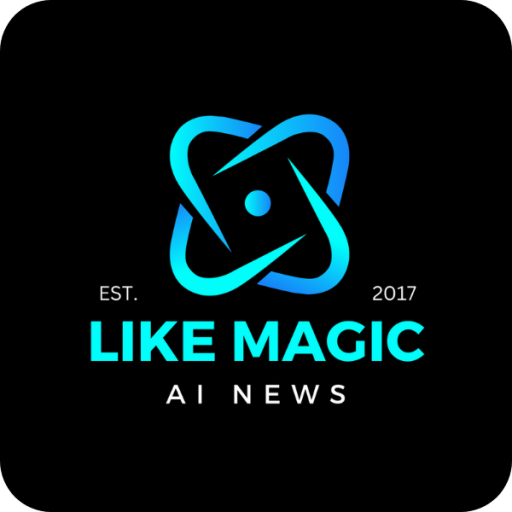Artificial intelligence (AI) is revolutionizing the roles of secretaries, office managers, and personal assistants by automating routine tasks, enhancing communication, and improving overall efficiency. This transformation allows administrative professionals to focus on more strategic responsibilities, thereby increasing their value within organizations.
1. Automating Routine Documentation
AI-powered tools can efficiently generate standard documents such as contracts, invoices, and emails. By utilizing predefined templates and inputting specific details, these documents can be produced swiftly and accurately.
Contracts: AI can draft standard contracts by populating templates with relevant information like names, dates, and terms. For instance, an AI prompt could be: “Generate a draft contract for a freelance graphic designer, including standard industry terms, payment details, and confidentiality clauses.”
Invoices: Creating professional invoices becomes more straightforward with AI. By inputting service details, prices, and client information, AI can generate accurate invoices promptly. An example prompt might be: “Create an invoice template for web design services provided, including descriptions, unit costs, and total due amount.”
2. Enhancing Communication
AI assists in crafting professional and engaging emails, which is particularly beneficial for marketing and general correspondence.
Cold Emails: For outreach purposes, AI can suggest compelling content tailored to the industry and objectives. A sample prompt could be: “Draft a cold email for potential clients introducing a new software product that enhances digital security, emphasizing client benefits and including a call-to-action.”
Recommendation Letters: AI can help compose personalized recommendation letters based on input characteristics about the individual. For example: “Write a recommendation letter for a former intern named Jane Doe, focusing on her exceptional skills in digital marketing and project management.”
3. Streamlining Resignations and Transitions
Drafting sensitive documents like resignation letters can be managed with AI to ensure professionalism and tact.
Resignation Letters: An AI prompt might be: “Generate a polite and concise resignation letter for a Senior Analyst position, expressing gratitude for the opportunities provided and briefly mentioning the intent to pursue other career opportunities.”
4. Managing Schedules and Meetings
AI optimizes calendar management by automatically scheduling meetings based on preferences and availability, effectively reducing scheduling conflicts and administrative burdens.
5. Customer Service and Engagement
AI-powered chatbots and virtual assistants can handle initial customer inquiries, allowing human staff to focus on more complex issues that require deeper interaction or troubleshooting.
Incorporating AI into administrative tasks not only enhances efficiency but also allows administrative professionals to contribute more strategically within their organizations. As the workplace continues to evolve, staying informed about and adept at using these technologies will be crucial for maintaining a competitive edge in the administrative field.






